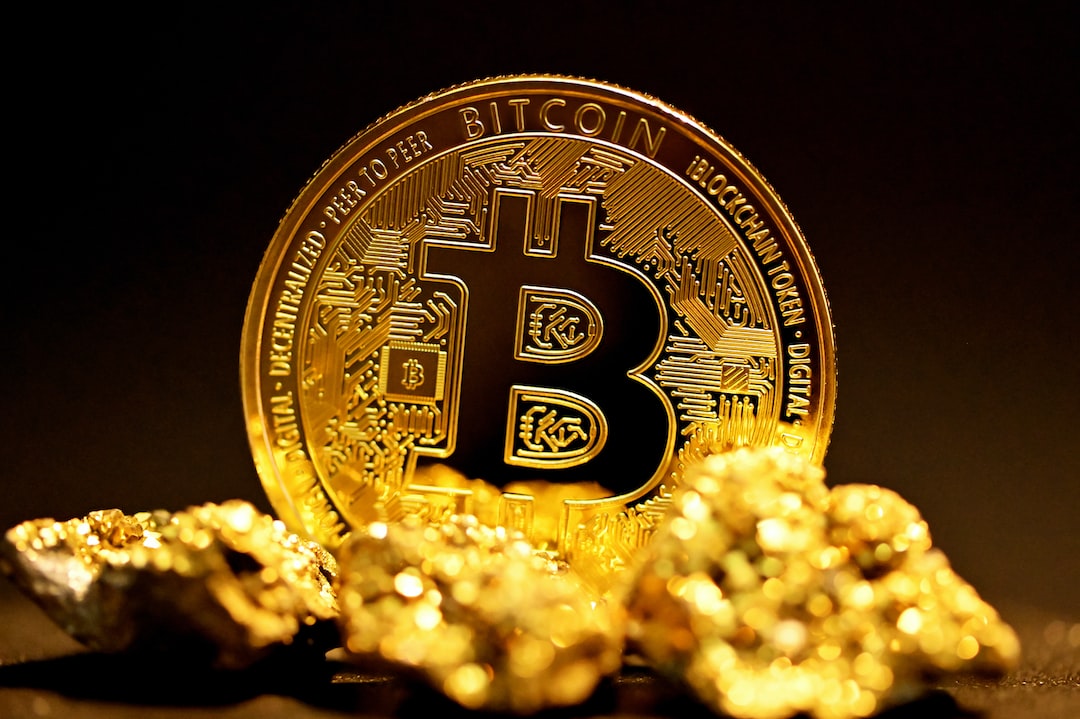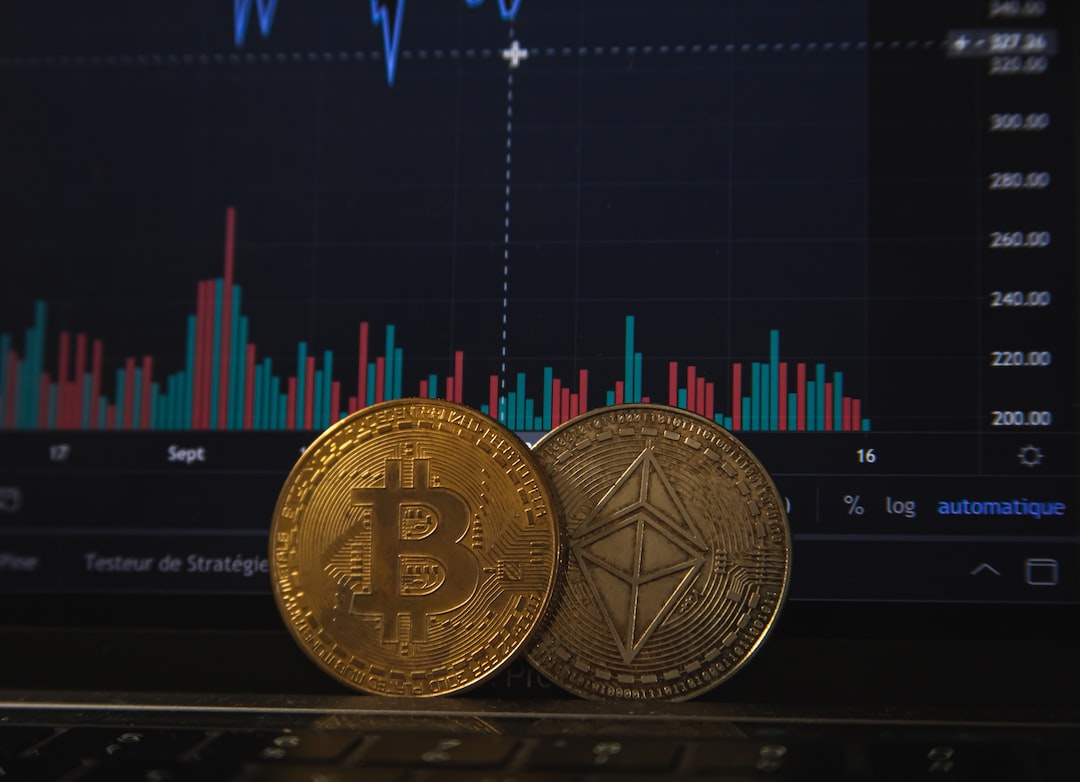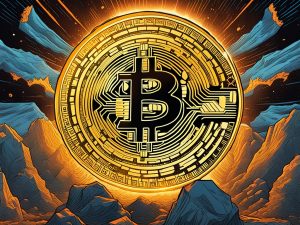Vivek Ramaswamy: Government Threatened by the Existence of Bitcoin
Presidential candidate Vivek Ramaswamy recently discussed a variety of topics, including Bitcoin, in an interview with Natalie Brunell, as well as his recent crypto policy framework.
Ramaswamy believes that Bitcoin offers an alternative to the broken financial architecture established by the U.S. Federal Reserve System. He wants to uphold the dollar as the world’s reserve currency, avoiding manipulation. He underlined his opposition to the merger of state and private power, and asserted that the government should refrain from interfering with Bitcoin. Additionally, Ramaswamy pointed to the Biden administration’s differential rules, alleging that its energy-related activities are unrelated to climate change. He expressed concerns about the government’s ability to monitor energy usage and emphasized that Bitcoin’s existence threatens the U.S. Federal Reserve’s position.
We Need ‘True Competition Where Government Stays the Heck out of the Way’
Ramaswamy emphasized that the government should not impede innovation and pioneering, particularly in the financial system. He underscored the importance of maintaining decentralization of power from the federal government, as envisioned by the founding fathers. Ramaswamy suggested that genuine competition requires minimal government interference, contrary to visions of a “great reset” that dissolve boundaries between the public and private sectors.
Hot Take: Vivek Ramaswamy’s Bold Stand on Bitcoin
Presidential hopeful Vivek Ramaswamy has taken a bold stance against government intervention in the realm of Bitcoin. He believes that the cryptocurrency offers an alternative to the broken financial architecture created by the Federal Reserve and emphasized the need for minimal government involvement to provide space for innovation and competition. His comments don’t align with the idea of a “great reset” that envisions a future where boundaries between the public and private sectors are dissolved. Instead, he advocates for decentralization of power, giving innovators the freedom to lead the way.





 By
By
 By
By
 By
By
 By
By
 By
By